
In today’s rapidly evolving digital economy, enterprises are continuously seeking innovative ways to expand their market presence and create new value for their stakeholders. One of the most transformative technologies enabling this growth is blockchain, with token development emerging as a powerful tool for businesses. Token development — the creation and deployment of digital tokens on blockchain networks — offers enterprises a unique opportunity to unlock new revenue streams, engage with customers more deeply, and enter previously inaccessible markets.
Tokens are no longer confined to just cryptocurrencies. They now represent assets, access rights, loyalty points, governance privileges, and much more. For enterprises, this flexibility translates into diverse strategic applications that can drive market expansion, foster loyalty, and enhance brand value.
Understanding Token Development in the Enterprise Context
Before delving into how token development can aid market expansion, it is essential to understand what token development entails and why it matters for enterprises. Token development refers to the process of creating digital tokens on blockchain platforms, typically following widely adopted standards like Ethereum’s ERC-20 or ERC-721 for fungible and non-fungible tokens, respectively. These tokens can represent anything from digital currency to real-world assets or utility rights.
For enterprises, tokens represent a shift from traditional business models to more decentralized, transparent, and programmable frameworks. By embedding programmable logic through smart contracts, tokens can automate processes such as payments, access control, and rewards distribution. This level of automation reduces operational costs and opens the door for innovative business models.
More importantly, tokens enable enterprises to digitize and fractionalize assets, thereby lowering barriers to entry for new customers or investors and facilitating seamless cross-border transactions. This makes token development an especially valuable tool for enterprises aiming to expand into global markets.
Token Development as a Catalyst for Market Expansion
Enterprises can leverage token development to accelerate market expansion in several compelling ways. Tokens empower businesses to create new customer experiences, diversify product offerings, and tap into new demographics.
Enhancing Customer Engagement and Loyalty
One of the most straightforward ways tokens drive market growth is by enhancing customer engagement. Token-based loyalty programs replace traditional points systems with blockchain-based tokens that customers can earn, trade, or redeem. Unlike legacy programs, tokenized loyalty points can be made transferable and interoperable across multiple platforms, increasing their utility and appeal.
Such tokenization can create vibrant ecosystems where customers feel incentivized to participate actively. This deeper engagement fosters long-term loyalty and encourages word-of-mouth marketing, effectively expanding the enterprise’s market reach.
Access to New Investment and Funding Channels
Token development also opens new avenues for raising capital and funding expansion initiatives. Through mechanisms like Security Token Offerings (STOs) or Initial Coin Offerings (ICOs), enterprises can tokenize equity or assets and offer them to a global pool of investors. This democratizes access to investment opportunities and provides liquidity for assets that were traditionally illiquid.
This capital influx can fuel business expansion into new markets, support product innovation, and fund strategic partnerships. Moreover, tokenized investments are more transparent and programmable, allowing enterprises to tailor investment terms and improve investor relations.
Unlocking Global Markets with Borderless Transactions
The blockchain's decentralized nature means tokens can be transferred instantly and securely across borders, bypassing traditional financial intermediaries and costly payment processing delays. For enterprises looking to expand internationally, this capability is transformative.
Token development enables businesses to sell products or services to customers anywhere in the world with reduced friction and lower transaction fees. Additionally, programmable tokens can incorporate automatic compliance with local regulations, simplifying cross-border trade and reducing legal risks.
Facilitating New Business Models Through Tokenization
Token development paves the way for innovative business models such as fractional ownership, pay-per-use, and decentralized governance, all of which can attract new market segments.
For instance, an enterprise in real estate could tokenize property ownership, allowing small investors to buy fractions of a property instead of entire units. This expands the customer base beyond traditional high-net-worth individuals to include retail investors. Similarly, subscription services can tokenize access rights that are tradable, creating dynamic marketplaces and increasing customer acquisition potential.
Decentralized governance tokens can empower customers or partners to participate in business decisions, enhancing transparency and trust, which are critical for expanding in competitive markets.
Practical Steps for Enterprises to Leverage Token Development
While the benefits of token development for market expansion are clear, enterprises must navigate several practical steps to realize these advantages effectively.
Defining Clear Business Objectives
Enterprises should begin by defining clear objectives for their token development initiatives. Are they aiming to improve customer loyalty, raise capital, enable new business models, or enter global markets? Having a well-articulated vision helps guide token design and ensures alignment with overall business strategy.
Clarity in objectives also aids in communicating value propositions to stakeholders and in navigating regulatory environments.
Designing the Right Tokenomics
Tokenomics — the economic model behind token issuance and utility — is fundamental to the success of any token project. Enterprises must carefully design token supply, distribution mechanisms, incentive structures, and utility to ensure that the token drives desired behaviors and sustains long-term value.
A poorly designed tokenomics model can lead to volatility, lack of adoption, or regulatory scrutiny. Engaging experts in blockchain economics and market analysis is advisable to develop robust tokenomics tailored to the enterprise’s goals.
Ensuring Regulatory Compliance
Regulatory frameworks around tokens vary widely by jurisdiction and token type. Enterprises must proactively address legal considerations such as securities laws, Know Your Customer (KYC), Anti-Money Laundering (AML) requirements, and consumer protection regulations.
Collaborating with legal advisors experienced in blockchain regulations is crucial to design compliant token offerings and avoid costly penalties. Some enterprises choose to deploy tokens initially in regulatory-friendly jurisdictions or use permissioned blockchain networks to manage compliance.
Building Strategic Partnerships
Successful token development often requires collaboration with specialized technology providers, blockchain platforms, legal consultants, and marketing firms. Strategic partnerships can accelerate development, improve security through audits, and enhance go-to-market strategies.
Partnering with established blockchain ecosystems and launchpads can also provide enterprises access to vibrant investor and user communities, facilitating wider adoption and market expansion.
Prioritizing Security and Auditing
Token smart contracts must be rigorously tested and audited to prevent vulnerabilities that could lead to financial loss or reputational damage. Enterprises should invest in comprehensive security audits by reputable firms to ensure contract integrity and adherence to best practices.
Security is especially critical when tokens represent significant value or are linked to enterprise assets. Demonstrating strong security measures also builds investor and customer confidence.
Educating Stakeholders and Customers
Widespread adoption of tokens depends on stakeholders’ understanding and trust. Enterprises need to invest in educating customers, investors, and internal teams about the token’s value, usage, and benefits.
Clear communication materials, tutorials, and responsive support can mitigate adoption friction and foster community building. A well-informed user base is more likely to actively engage with the token ecosystem, amplifying market reach.
Case Studies: Enterprises Successfully Expanding Markets with Tokens
Several enterprises have demonstrated how token development can catalyze market expansion.
For example, a global retail brand launched a blockchain-based loyalty token that customers could earn and redeem across multiple countries. This interoperability expanded the brand’s appeal beyond its traditional markets, driving sales growth and improving customer retention.
In another case, a manufacturing company tokenized its supply chain assets, enabling smaller investors to participate in financing production. This tokenized funding mechanism provided capital to scale operations into new regions and increased transparency, enhancing supplier relationships.
A real estate enterprise developed fractional ownership tokens to open its high-value properties to retail investors globally. This approach broadened the investor base, increased liquidity in property markets, and created a new revenue stream.
These examples highlight that token development is not just a technology project but a strategic business initiative capable of unlocking new markets and customer segments.
Challenges and Considerations
While token development offers exciting opportunities, enterprises must be mindful of challenges such as market volatility, regulatory uncertainties, technological complexities, and user adoption hurdles.
Volatile token prices can affect perceived value and customer trust. Regulatory frameworks may evolve unpredictably, requiring adaptive compliance strategies. Technical integration with existing systems can be complex and costly, demanding skilled resources.
Moreover, enterprises should balance innovation with simplicity to ensure that token solutions are user-friendly and deliver tangible benefits.
By anticipating and proactively managing these challenges, enterprises can maximize the impact of token development on market expansion.
Future Outlook: Token Development as a Growth Engine
The momentum around token development continues to build as blockchain adoption matures. Enterprises that strategically embrace tokenization stand to gain significant competitive advantages in market reach, customer loyalty, and capital access.
Emerging trends such as integration of AI with token economics, development of decentralized autonomous organizations (DAOs), and expansion of regulatory frameworks will further shape how tokens drive business growth.
Enterprises that stay ahead by investing in robust token development capabilities, compliance, and ecosystem partnerships will be best positioned to capitalize on new market opportunities in the coming years.
Conclusion
Token development represents a paradigm shift in how enterprises approach market expansion. By leveraging tokens’ programmability, global reach, and asset digitization, businesses can unlock new customer engagement models, innovative revenue streams, and international growth avenues.
However, successful token initiatives require clear objectives, thoughtful tokenomics, legal compliance, security, and stakeholder education. When executed strategically, token development empowers enterprises to thrive in the evolving digital economy and extend their market influence far beyond traditional boundaries.

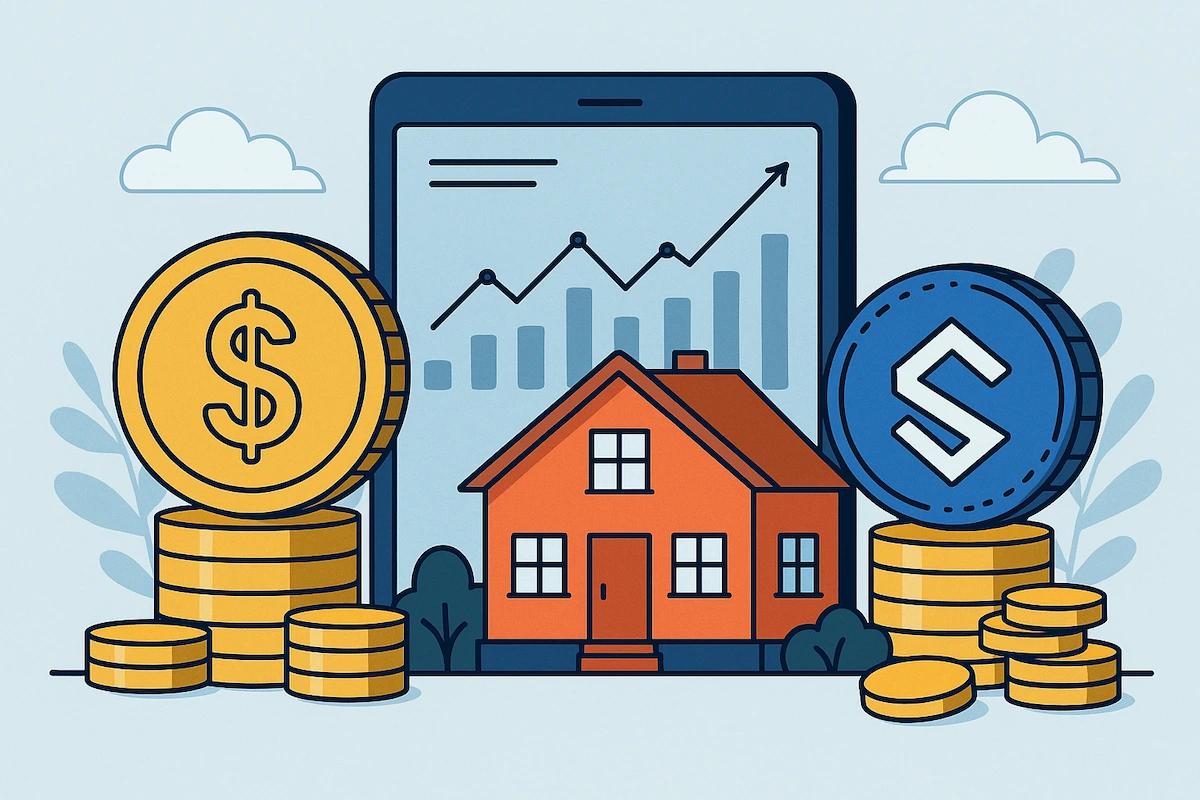


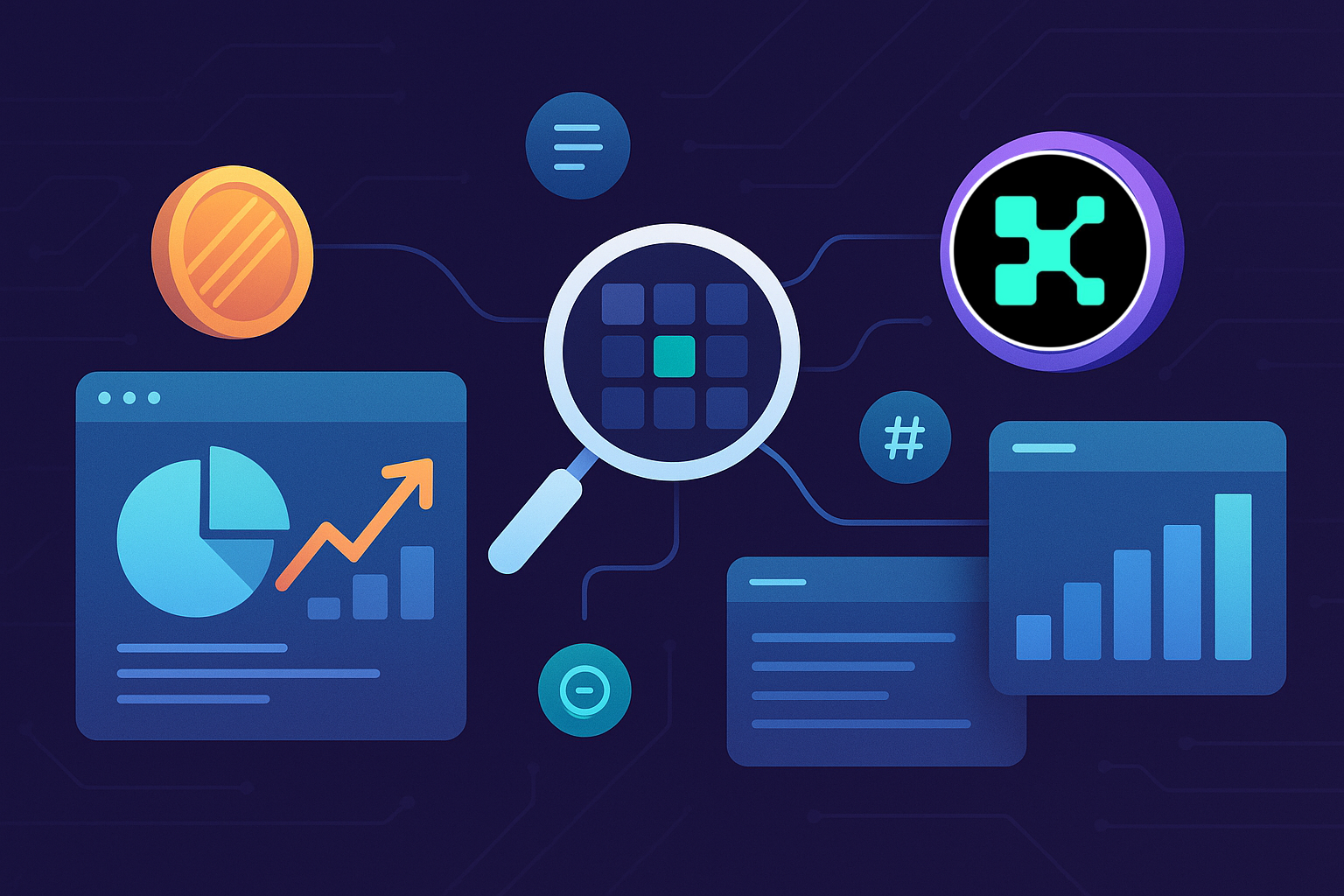
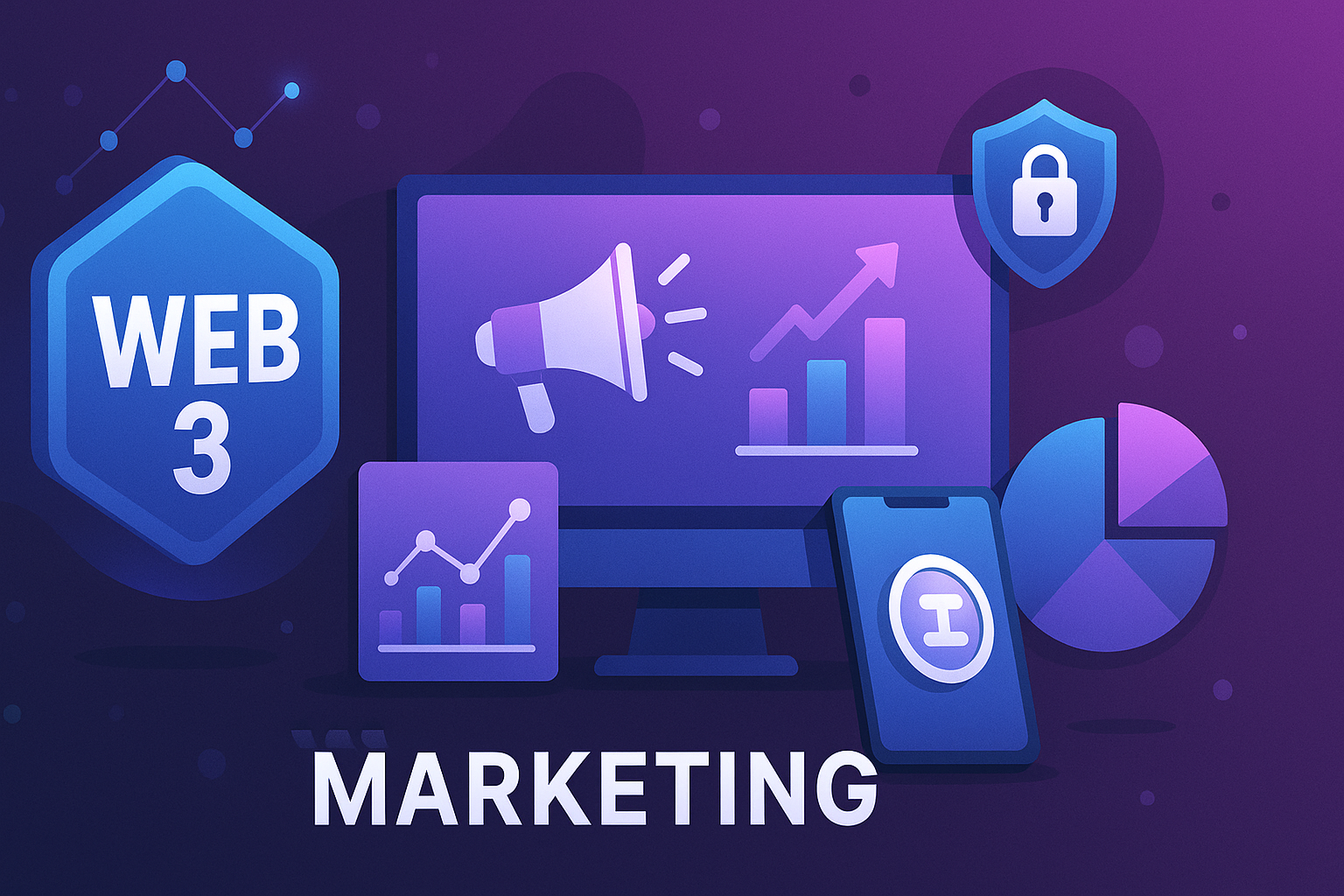


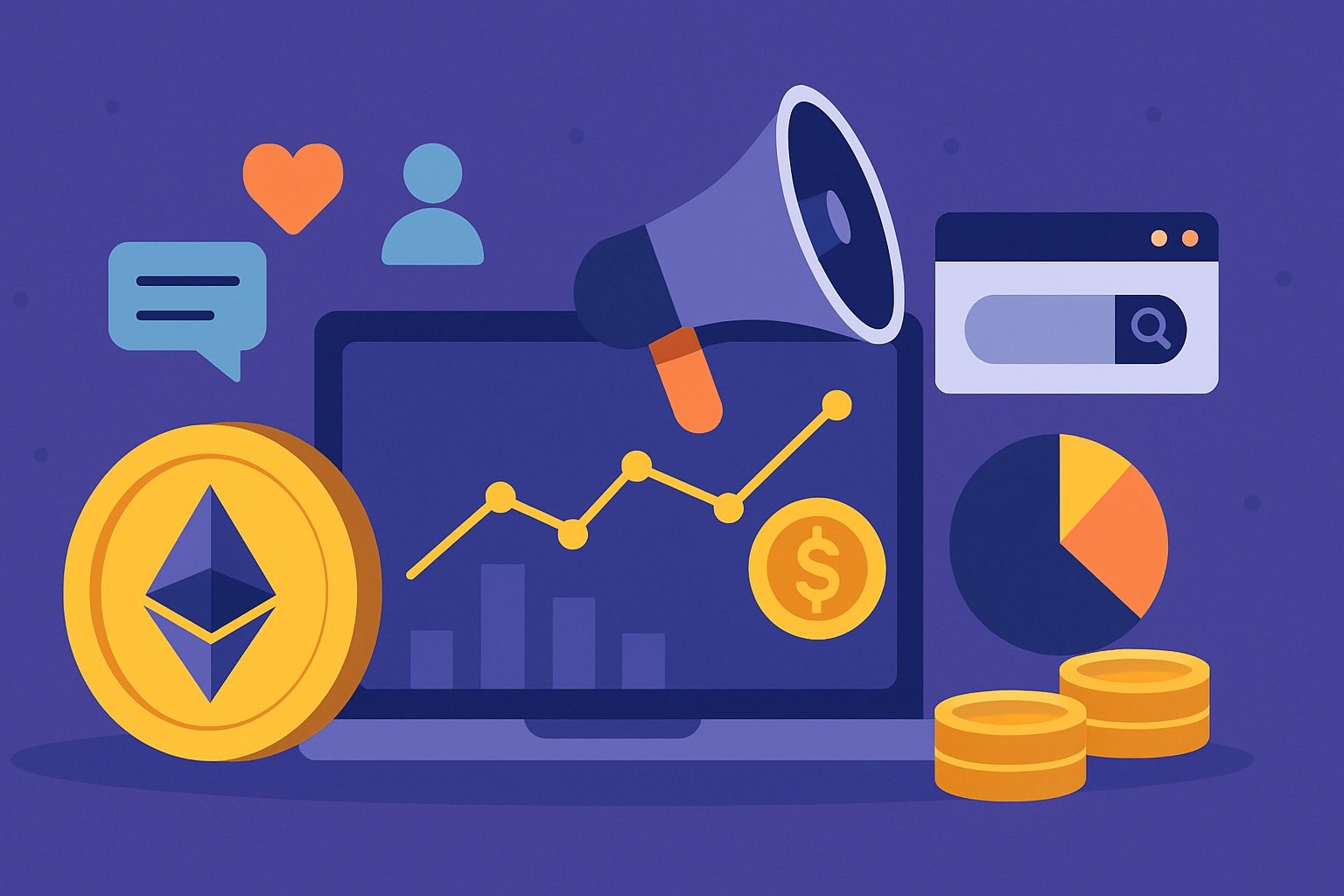
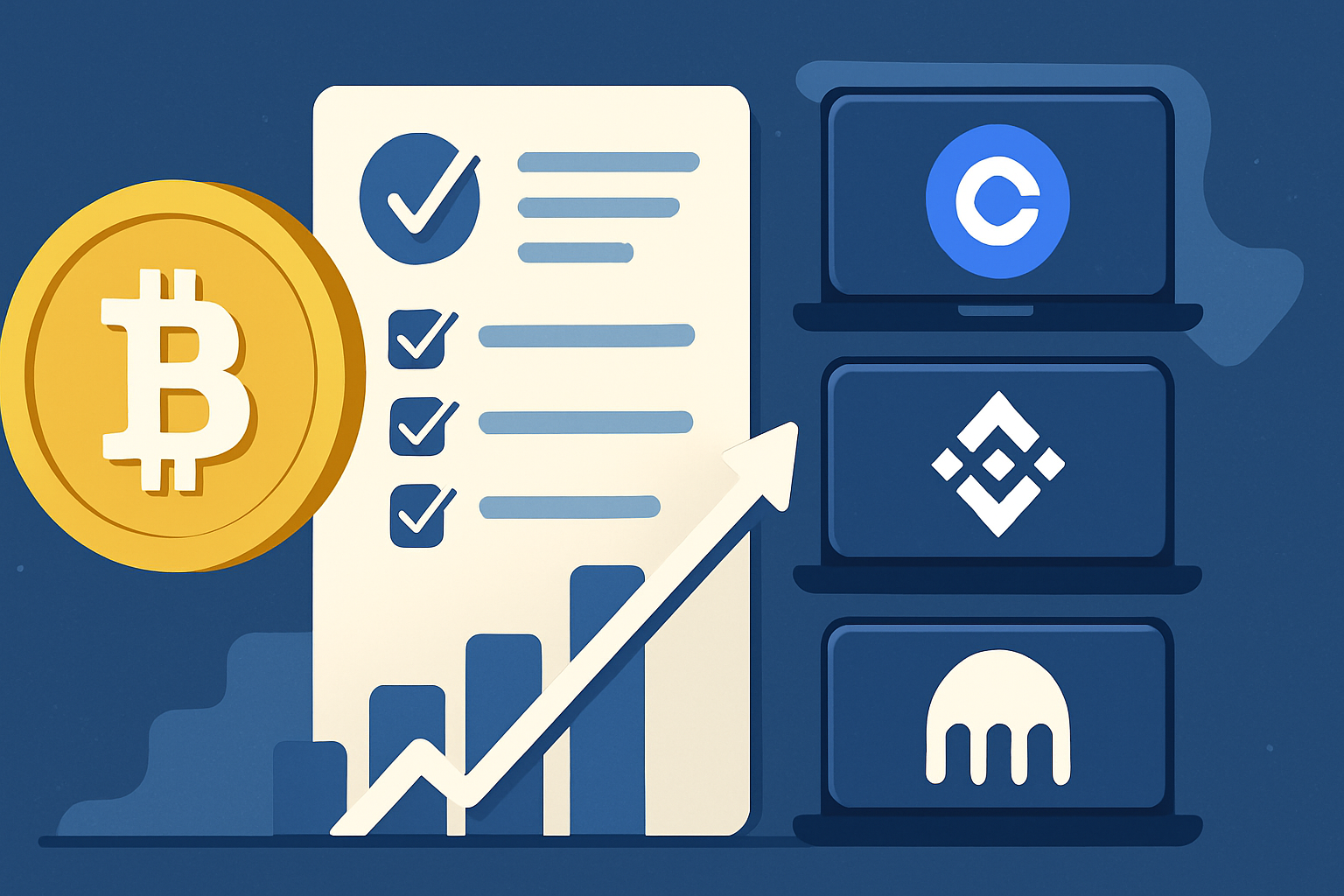
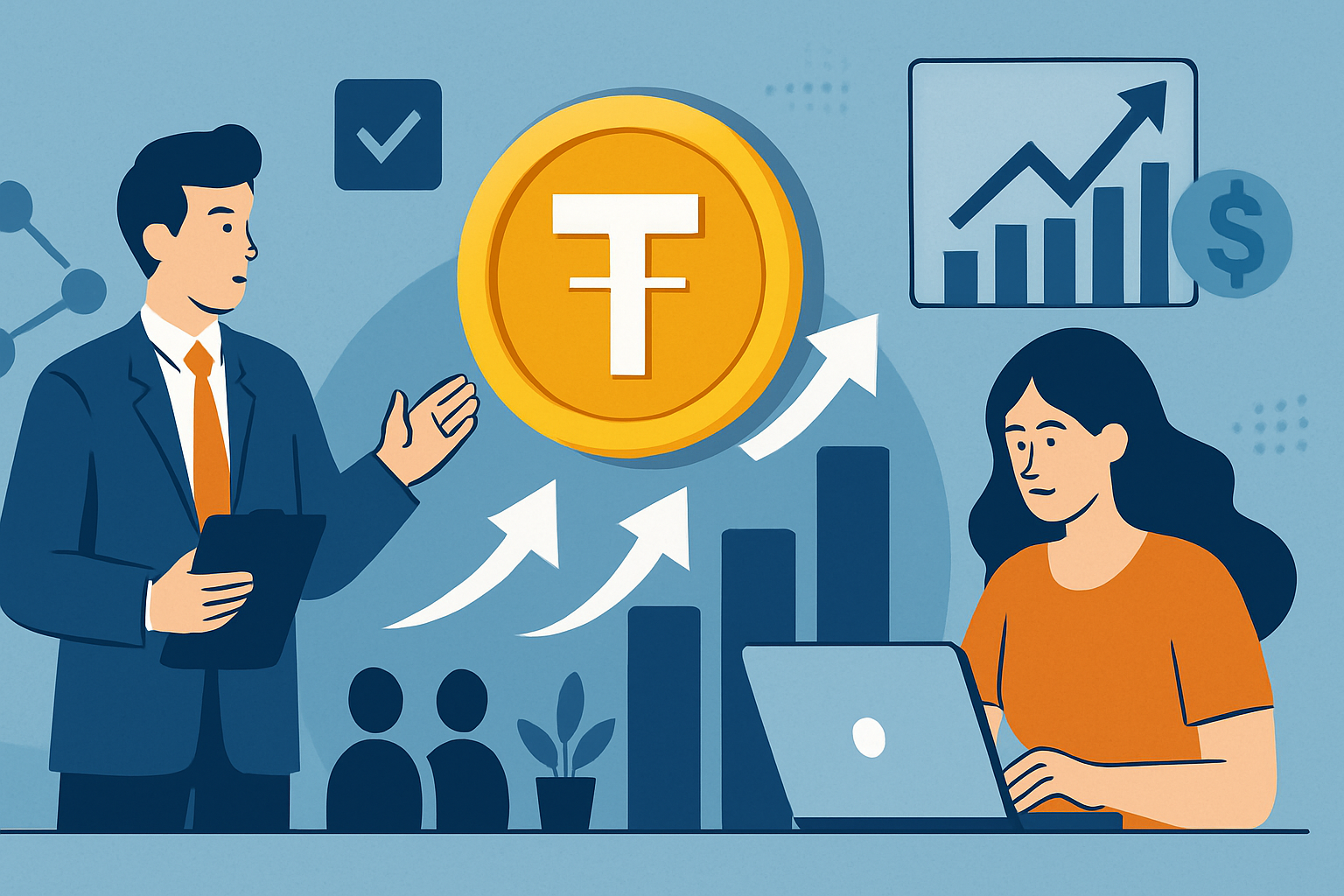
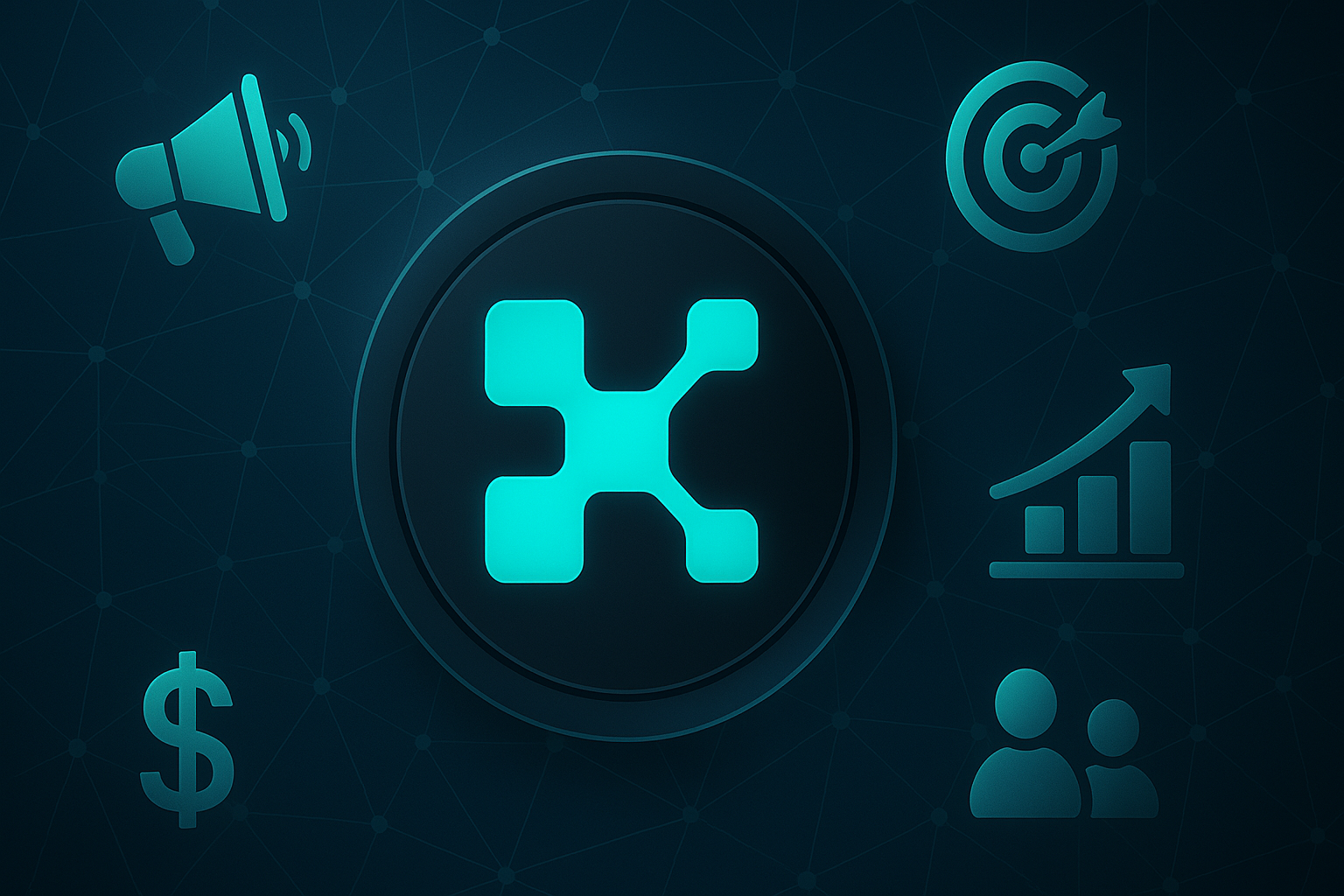

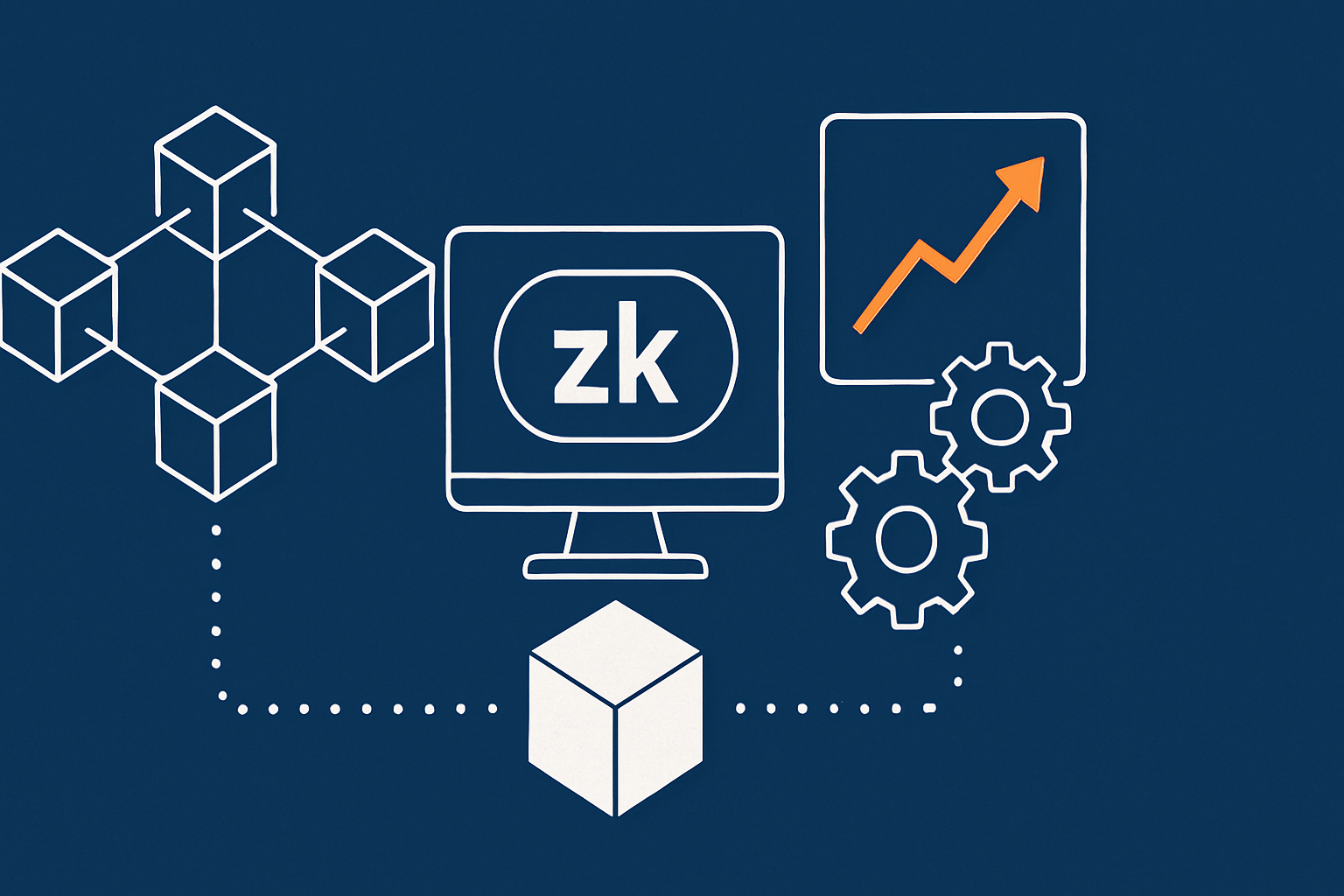

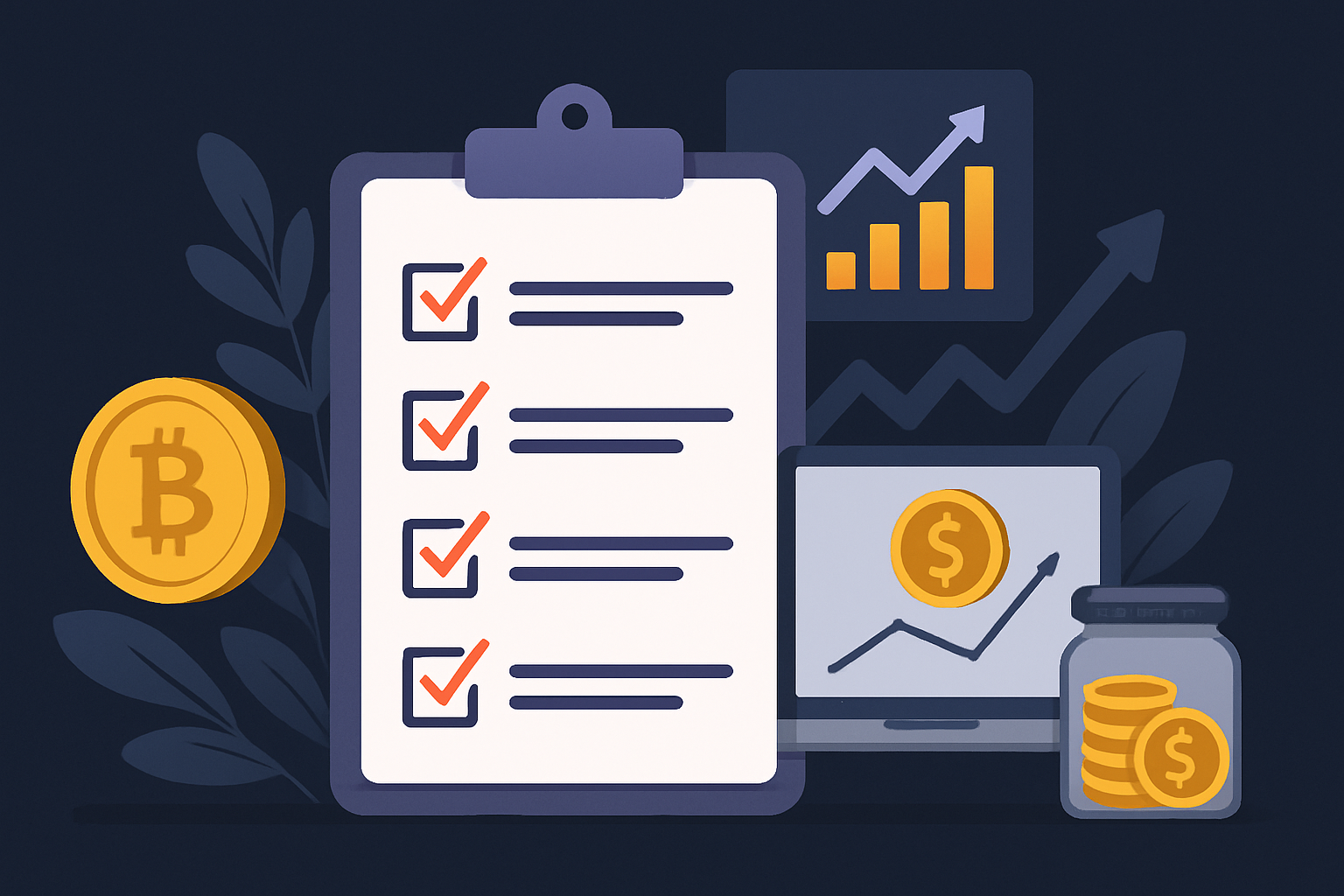
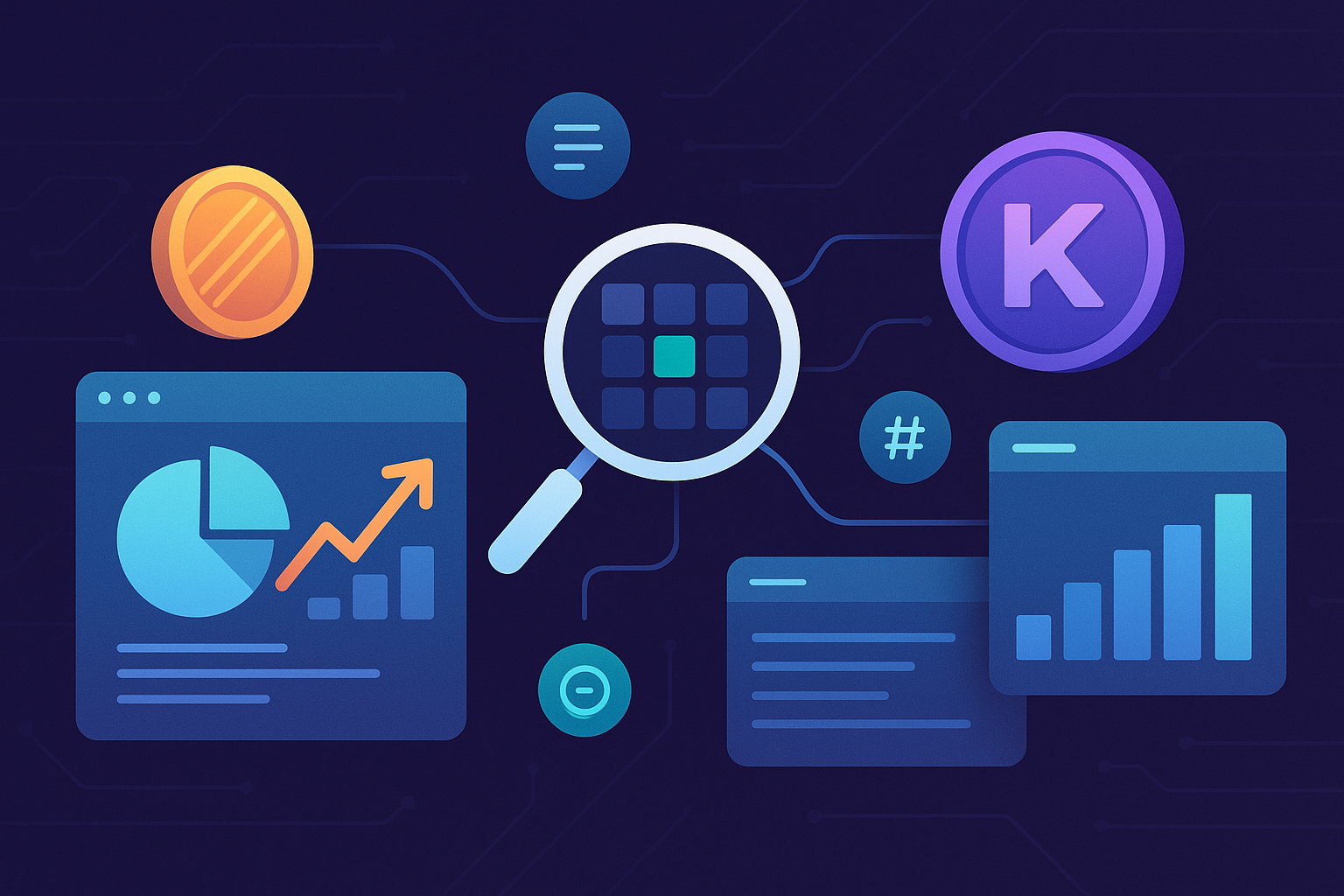



Write a comment ...